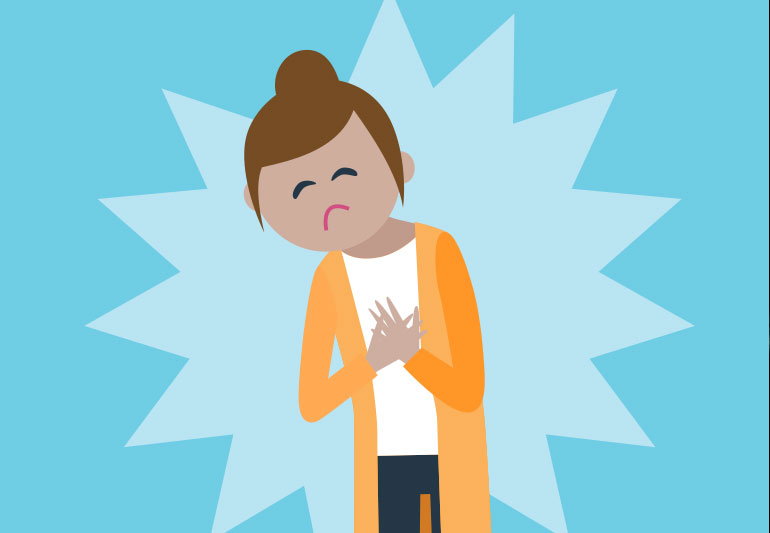
When you experience chest pain, the first thing you may think about his heart attack. For this, chest pain is not something to ignore because it has various causes. Most people in the United States experience chest pain that is not related to a heart attack. Issues may cause pain in the chest in the lungs, esophagus, rib cage, nerves, or muscles. Some of these conditions are life-threatening, while others are not. If you have experienced chest pain, you should visit the doctor for an assessment. Your chest pain in Upper East Side specialists at Upper East Side Cardiology provides onset diagnostic testing and an instantaneous treatment depending on the cause of your condition.
How is the chest pain diagnosis made?
You should seek immediate intervention when you experience an unexplained chest pain that lasts for some weeks or if you suspect that you may be having a heart attack. The doctor will ask important questions that will help them in diagnosing the cause of the pain. It would help if you prepared yourself to share any related symptoms, medications, or underlying medical conditions. The doctor may carry out diagnostic tests such as the use of an electrocardiogram, which tests the electrical activity of the heart, blood samples, X-ray, echocardiogram, Magnetic Resonance Imaging (MRI) to look if the heart or the aorta is damaged, stress tests, and an angiogram to test for blockage in some arteries. Such tests help the cardiologist to diagnose and treat any heart-related problems.
When should I see the doctor?
It is advisable to see the doctor when you feel unexplained chest pain, especially when it does not respond to over-the-counter medications. Chest pain symptoms include shortness of breathing, tightness or pressure in the chest, pain that accelerates during activity, accelerating heartbeat, excess sweat, nausea, cough, swollen legs or feet, crashing feeling on the chest bone, and fatigue. While chest pain can be a symptom of heart problems, a heart attack cannot necessarily cause chest pain. However, many people in the United States have suffered from a heart attack, so it is important to seek medical help from a qualified doctor.
How is chest pain treated?
The treatment of your chest pain will depend on its cause. The doctor may use various options such as medication to minimally invasive techniques. You may be given medications like over-the-counter drugs such as nonsteroidal anti-inflammatory drugs (NSAIDS) to deal with the pain, heart attack treatment medications such as aspirin or nitroglycerin, and other medications to treat underlying conditions such as blood clots, cancer, pleurisy, among others. Non-surgical procedures may be used to treat pleurisy, the draining of fluid that might have accumulated in the affected area. Surgery may also be recommended to treat conditions such as aortic aneurysms and heart bypass surgery to deal with a heart attack or angina. The doctor may also give you physical therapy, especially when recovering from a muscle injury or herniated disk.
To deal with chest pain, you may also be required to change your lifestyle, such as consuming heart-healthy food, regular exercises, healthy weight, managing stress, and avoiding drugs such as alcohol and smoking. Since chest pain is caused by several factors and some are not serious, some can be life-threatening, such as the onset of a heart attack; it is recommended that you seek your doctor’s help for early diagnosis and treatment.